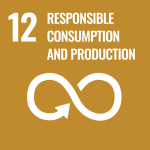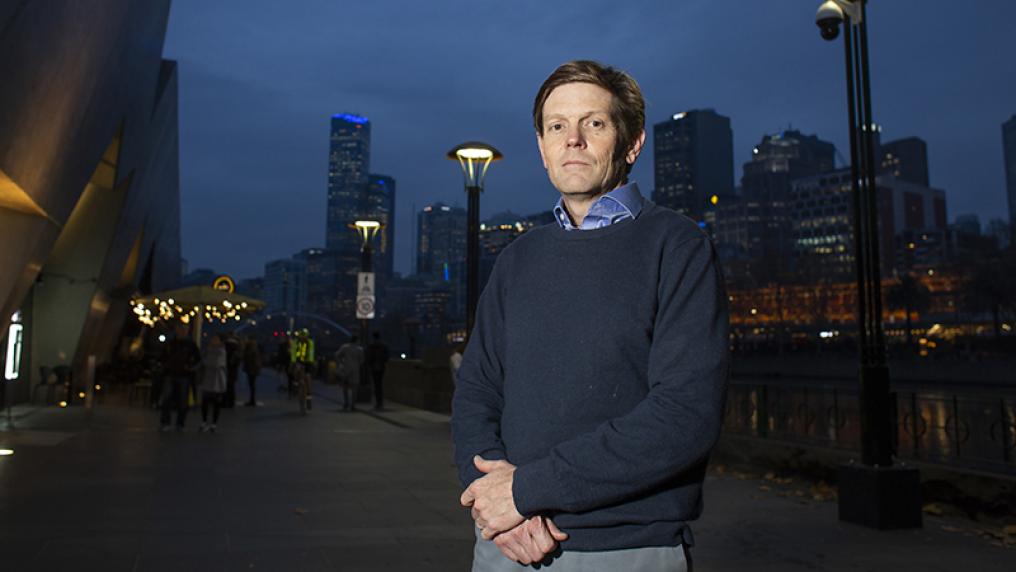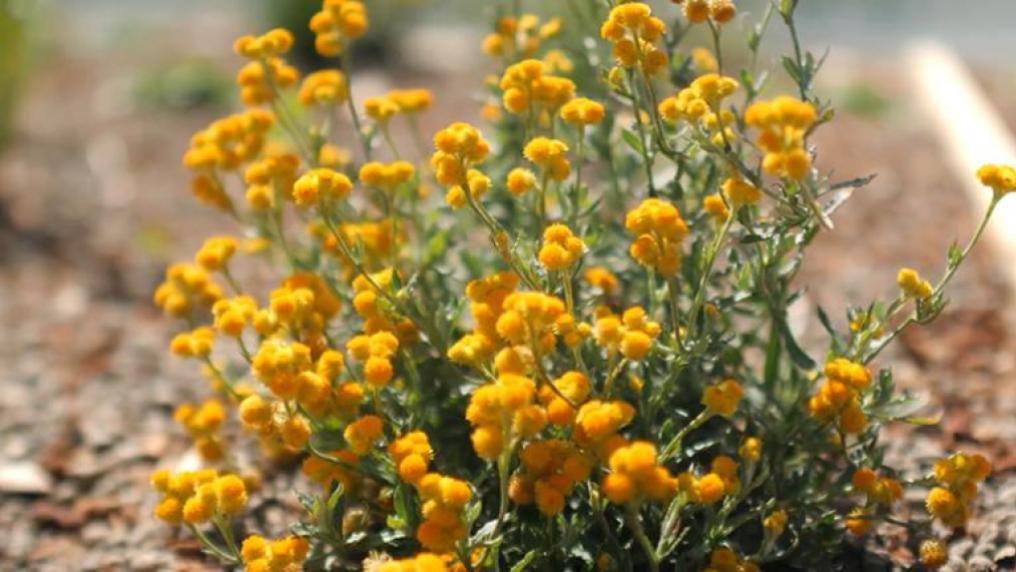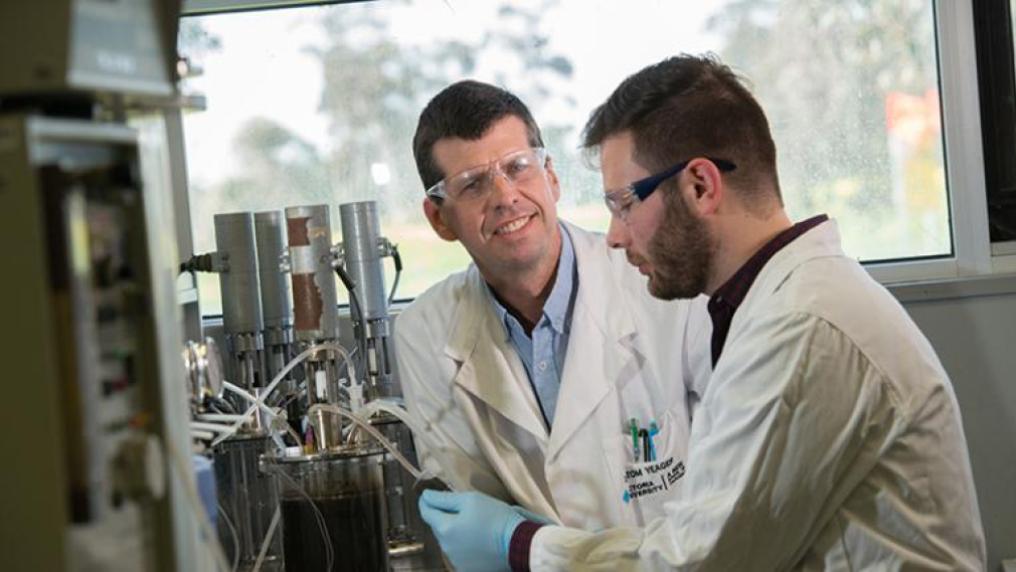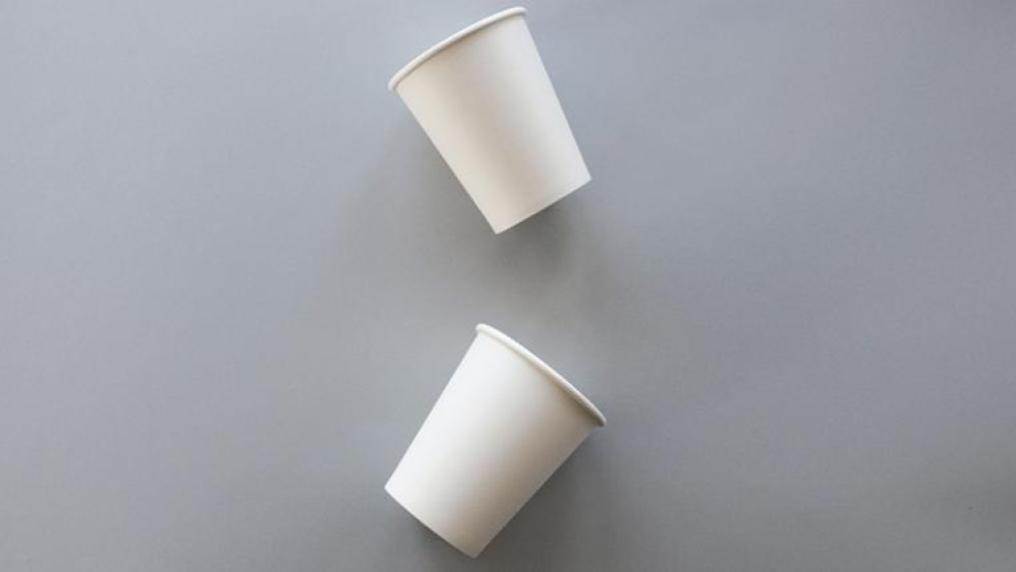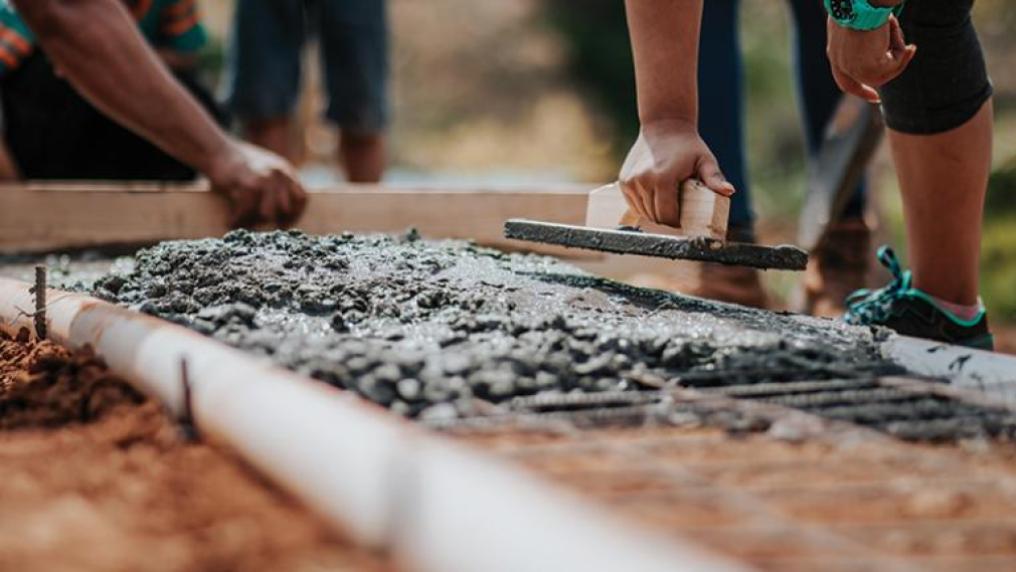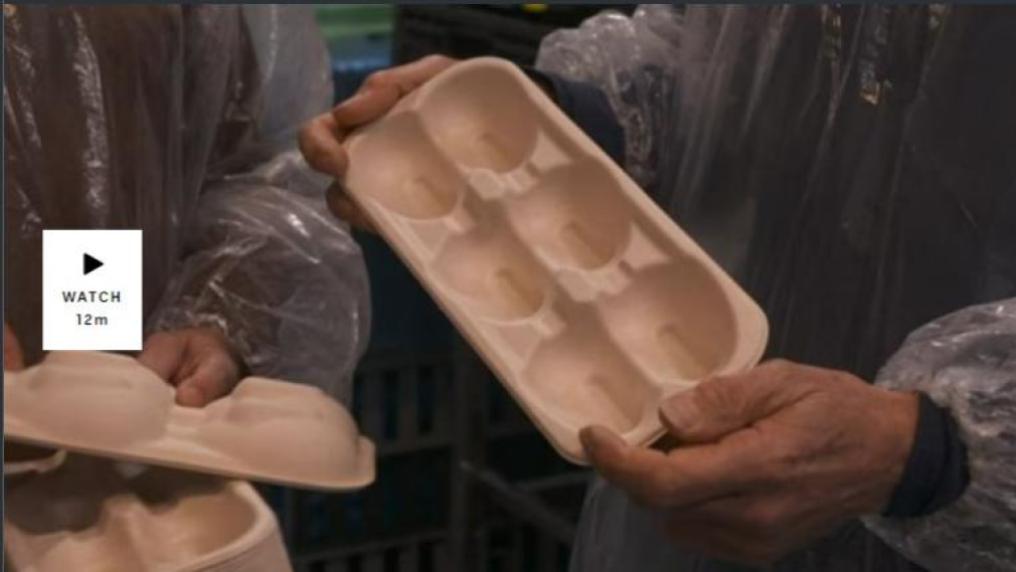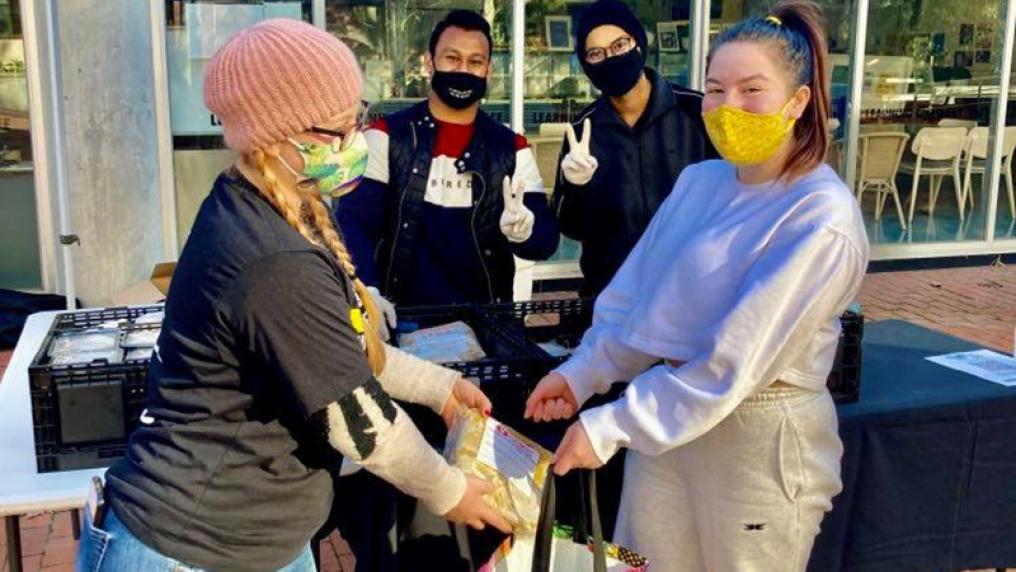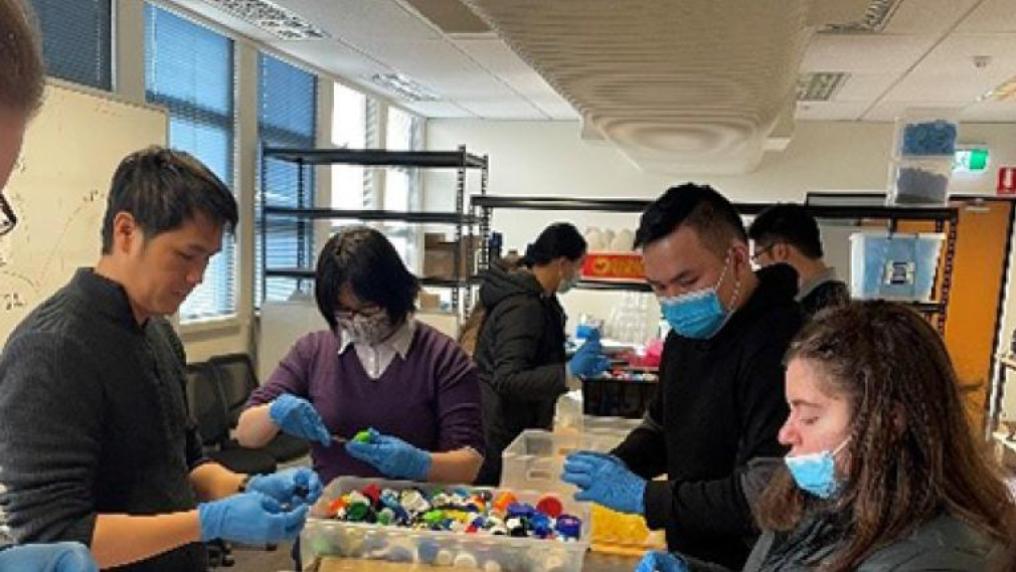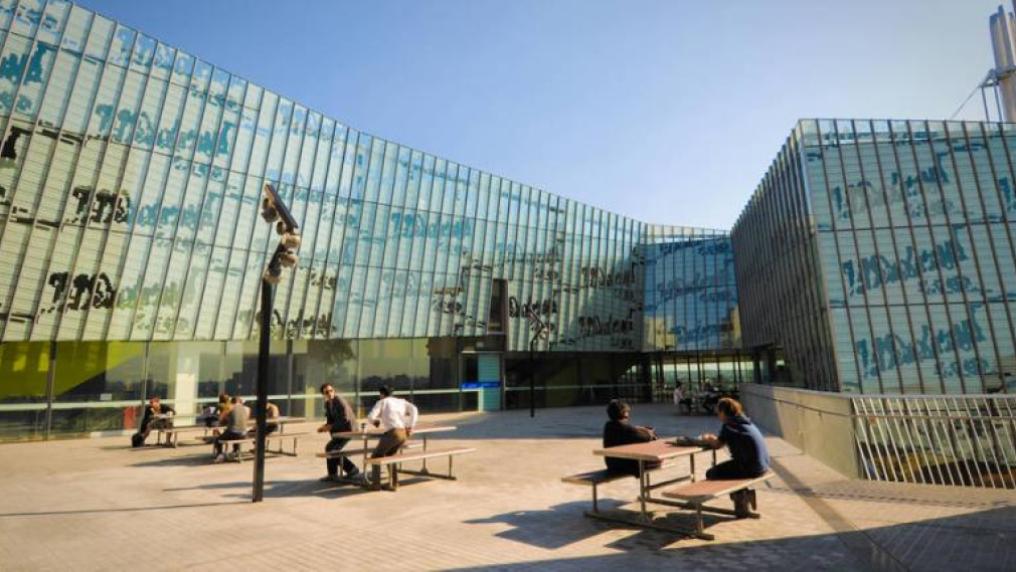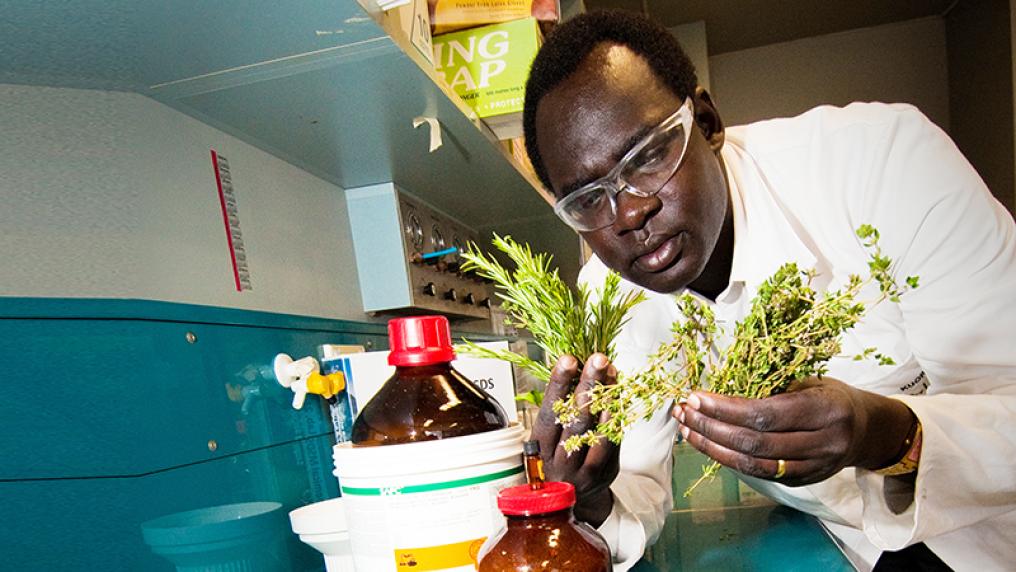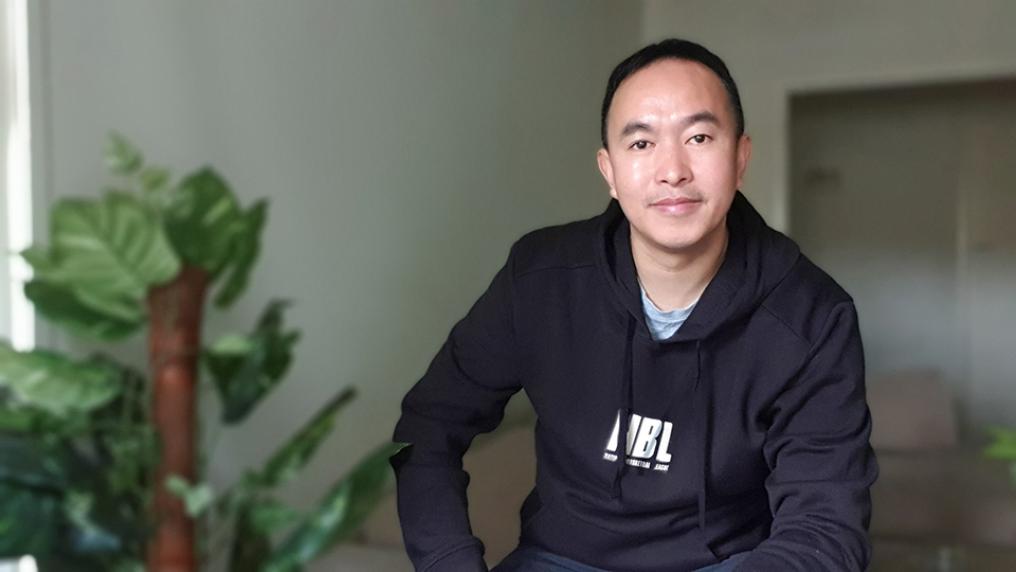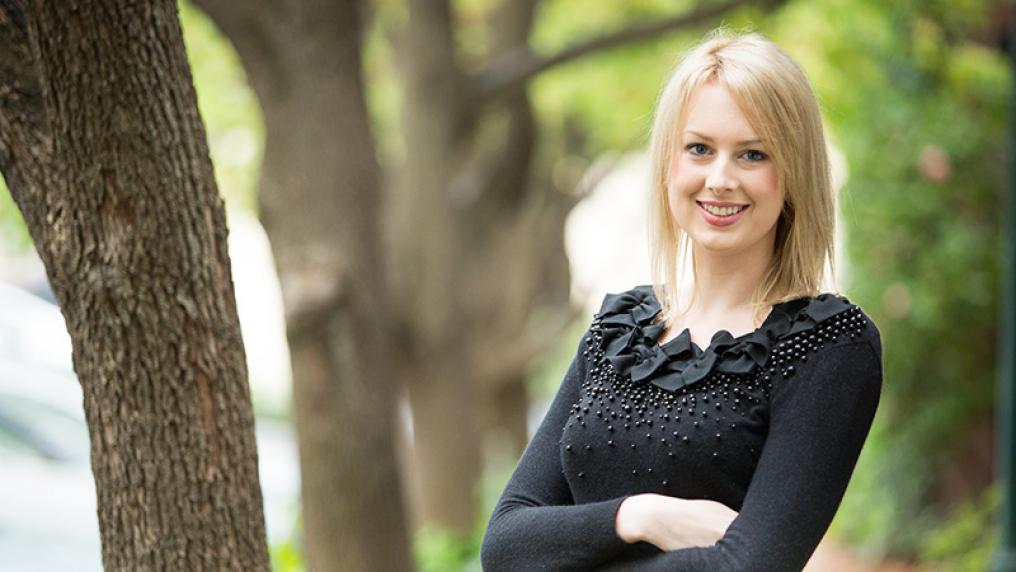Goal 12: Responsible consumption & production
Victoria University takes care to consume responsibly, and seeks solutions to crucial issues such as energy and food-resource overuse.
We investigate key aspects of climate change and of rapidly emerging renewable technologies, as well as the policy and practice of adequate responses to these challenges.
On our campuses we put policy into practice, with an ever-evolving dedication to sustainable resource use.
To deliver SDG12, it is crucial to implement policies that support the shift to sustainable practices and decouple economic growth from resource use.
– United Nations
Sustainability on campus
VU is committed to eliminating single-use plastics and to promoting recycling on campus through our sustainability initiatives.
